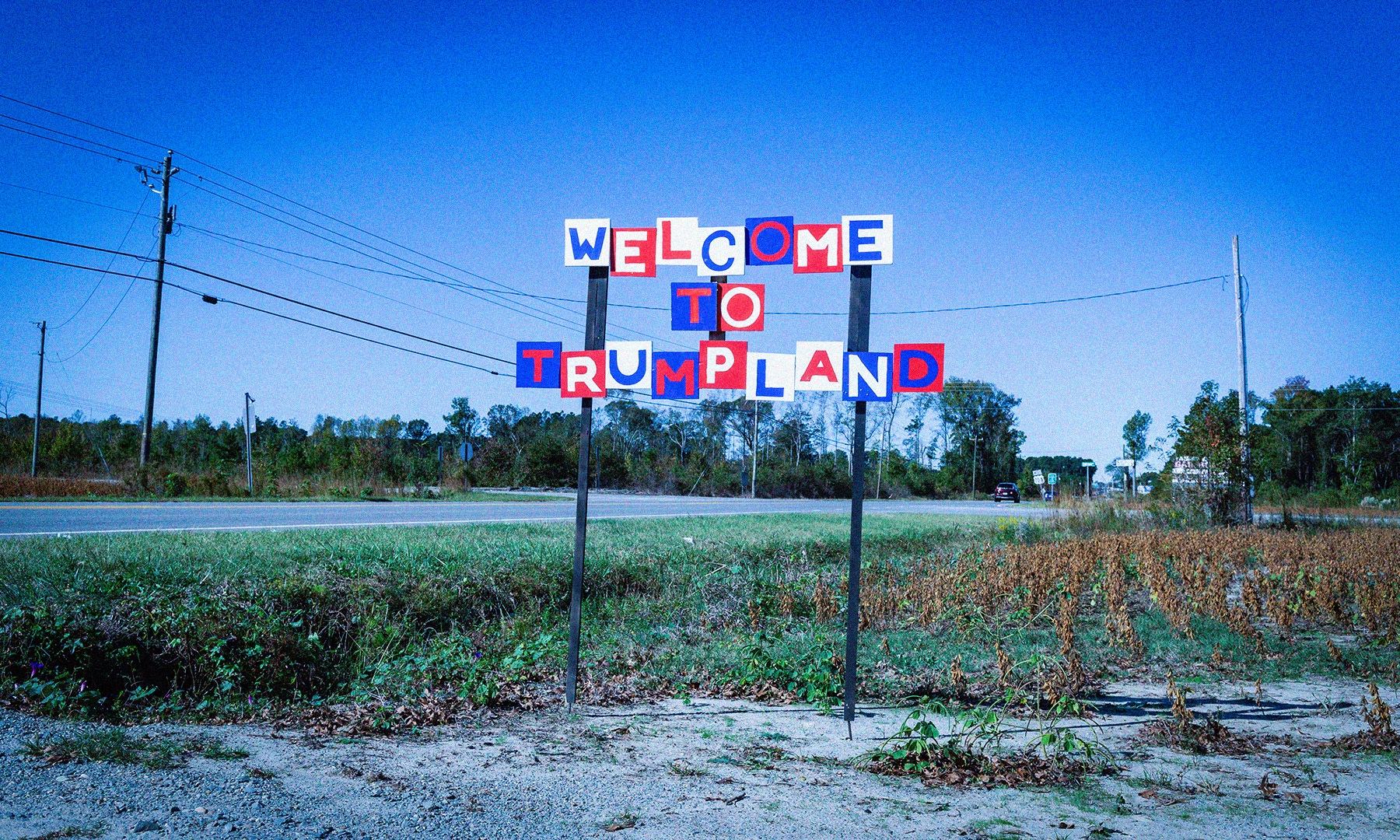News & Commentary
Our publications are available to all at no cost. Please support the CCPA and help make important research and ideas available to everyone. Make a donation today.

What was the point of Canada’s 2024 Fall Economic Statement?
December 16, 2024 was a raucous day in Ottawa, with the sudden departure of Finance Minister Chrystia Freeland on the morning she was scheduled to…

Will a pro-oil president kill the oil sands?
The following is a re-print of the November 2024 edition of Shift Storm, the CCPA’s monthly newsletter which focuses on the intersection of work and…

Saskatchewan picks another fight with teachers over standardized tests
Last year, the Saskatchewan party government made the ill-advised decision to go after teachers. From bad-faith bargaining through billboards to the roundly condemned attacks on…

Canada’s fall economic statement should be about bold policy—will it be?
The federal government has the capacity to tackle big problems. Here are some big ideas that could make a difference.

Tony Clarke’s life was an inspiration to all who seek to build a better world
Tony Clarke was an intellectual, a policy wonk, and most of all, a formidable activist for social, economic, and environmental justice for people in Canada and around the world.

Canada’s GST tax holiday won’t do much for affordability
The following article is based on speaking notes from a presentation which the author gave to the Senate Committee on National Finance. The video of…

What’s going on with Quebec’s latest secularism scandal?
Imagine sending your child to school only to find them caught in a political firestorm. That’s the reality for families at Bedford Elementary in Montreal,…

Trump crashes Canada’s Trans Pacific Partnership party
The federal government put on a brave face for last week’s Trans-Pacific Partnership (TPP) Commission meeting in Vancouver. Prior to the November 27-28 gathering, Trade…

Canada’s international student program engineers inequality
The International Student Program in Canada has long created challenging conditions for international students—they pay higher tuition fees than domestic students, have restricted access to…

Canadian immigration policy is an impenetrable maze—and I’m trapped in it
On October 10, I received a short text message from Iran: “Uncle Reza passed away. I hope his memory lives on forever.” I didn’t know…

What the U.S. election can teach us about durable climate policy
The following is a re-print of the October 2024 edition of Shift Storm, the CCPA’s monthly newsletter which focuses on the intersection of work and…
Updates from the CCPA
Read the latest research, analysis and commentary on issues that matter to you.
CCPA Updates